Ex-KLA describes role in Kosovo human organ trafficking
The footage showing a protected witness recounting his role in the illegal harvesting and trafficking of human organs in Kosovo and Albania has been aired.
Tuesday, 11.09.2012.
12:34

BELGRADE The footage showing a protected witness recounting his role in the illegal harvesting and trafficking of human organs in Kosovo and Albania has been aired. The unnamed witness is a former member of the ethnic Albanian so-called Kosovo Liberation Army (KLA). The footage was shown on Serbia's public broadcaster RTS late on Monday. Ex-KLA describes role in Kosovo human organ trafficking The case concerns allegations that in 1999 and 2000, members of the KLA kidnapped Serb and other non-Albanians in Kosovo, illegally imprisoned them in Albania, and finally removed their vital organs to sell them in the international black market. Deputy War Crimes Prosecutor Bruno Vekaric told RTS that the man who had agreed to cooperate with the prosecution as a member of the KLA has received training in "a special camp in Albania": "Training was done in northern Albania for various activities, including for medical interventions. He was told there that he was being trained because a KLA commander could be injured in the front, so he should learn how to transplant a human organ. He was not told this was a criminal act of organ extraction." Vekaric explained that "in this case, it is not about the Yellow House", and that this witness mentioned that location only once. In his statement - which the prosecution considers key to its human organ trafficking investigation, the protected witness explained that the training was done using "plastic dummies that contained body parts", and that he and other KLA members were told that they were receiving this training "because at that time the Serbian police and military were everywhere, so we could not take the wounded to public hospitals". "Our training started when a doctor, now well-known in Kosovo and in the world, talked about how transplants were performed, how the heart is extracted from the body, and how it was put in a vacuum in a plastic case, and then how some oils, medical fluids are put there, after two hours, or - I'm not sure exactly," the witness was heard saying, and then describing in detail how the heart was removed from a prisoner who was "about 19 or 20 years of age". The witness said that the victim was tied when he was brought to the location where his organs would be extracted: "I noticed he was not a KLA soldier - and of course I had no right to ask, who was I to ask. I was young, and there were commanders there. They removed those binds, the two soldiers who brought him. They caught him and placed him on a bench, and then called in two others to hold on to his legs so that he could not move." The witness said that the doctor who had previously trained them tore the victim's shirt in two. "One of the doctors brought a black, doctor-like bag. That was something new to me. He took out some wrapped-up equipment from it. That's when I saw a scalpel for the first time, knives and surgical materials," said the victims, and then described how he himself removed the heart: "I was given the scalpel. I felt nauseous, sick. When I say 'sick', I mean from that situation that was like a bad dream, an endless nightmare. I remember it to this day, in my body and in my thoughts I have that feeling again. He (the doctor) told me what I was supposed to do to the body, to make a line, to cut him, to make an operation with a straight line, an incision, from the throat to the end of the ribs." The witness added that he noticed the victim was "not Albanian" because once he approached him, the victim was struggling, only to be pinned down by those who were holding him, and then he pleaded, "God, please, don't cut me, don't kill me!" However, the witness said, he was rushed to proceed by his commanders, and did so: "And I started the way I was taught, by placing my left hand on (the victim's) chest in order to hold him, while you take the scalpel in your right hand and cut down. I placed my left hand on his chest and started to cut. When I got to the bottom, the blood started gushing out. After I cut him, at some point half way, he started screaming for us not to kill him, and then he lost consciousness, I don't know if he fainted or died..." "Afterwards, he no longer struggled and and no longer turned around," the former KLA member said of his victim. This was the point at which he "saw a human organ for the first time - a heart": "I was very scared... We cut off those veins and when I took the heart it was still quivering. I don't know how I did it. I put it in the box that was quickly brought by the doctor's acquaintance, who was about my age, and he also brought three bottles of some kind." After completing the act, the witness said "one of the highly known commanders" addressed him and said, "Well done, that's the kind of soldiers we need in Kosovo. That's the only way we will win." The box with the heart was then taken to a Volvo vehicle, according to the solider. "I thought this was for a commander who we were bringing to the military hospital, but who died on us on the way... I thought it was going to Tirana, but we continued toward the airport in Tirana. Once there, were were greeted by the Albanian soldiers in uniforms. There we saw a plane and a person exited it - a handsome person. He wore a short beard, but was not Albanian. As far as I could tell, the plane was small, not a transport plane, but a private one. I saw the Turkish flag." "I realized this was not about the fatherland, but about the business of organ trafficking, about selling. It is not about ideals but about something ugly," the witness said. Summing up the testimony of the man dubbed "the most protected witness in Serbia", Bruno Vekaric stressed that "the time of investigations and trials in front of the cameras" was over: "We do not wish to fool either ourselves or others with statements we are not sure of. This is only one percent of everything he (the witness) had to say. You have not seen any of the locations... we worked to verify him for 16 months in every possible way. All international institutions and prosecutions will have a chance to talk to him and assure themselves of his credibility." The blurred image of the protected witness (RTS) Tanjug
Ex-KLA describes role in Kosovo human organ trafficking
The case concerns allegations that in 1999 and 2000, members of the KLA kidnapped Serb and other non-Albanians in Kosovo, illegally imprisoned them in Albania, and finally removed their vital organs to sell them in the international black market.Deputy War Crimes Prosecutor Bruno Vekarić told RTS that the man who had agreed to cooperate with the prosecution as a member of the KLA has received training in "a special camp in Albania":
"Training was done in northern Albania for various activities, including for medical interventions. He was told there that he was being trained because a KLA commander could be injured in the front, so he should learn how to transplant a human organ. He was not told this was a criminal act of organ extraction."
Vekarić explained that "in this case, it is not about the Yellow House", and that this witness mentioned that location only once.
In his statement - which the prosecution considers key to its human organ trafficking investigation, the protected witness explained that the training was done using "plastic dummies that contained body parts", and that he and other KLA members were told that they were receiving this training "because at that time the Serbian police and military were everywhere, so we could not take the wounded to public hospitals".
"Our training started when a doctor, now well-known in Kosovo and in the world, talked about how transplants were performed, how the heart is extracted from the body, and how it was put in a vacuum in a plastic case, and then how some oils, medical fluids are put there, after two hours, or - I'm not sure exactly," the witness was heard saying, and then describing in detail how the heart was removed from a prisoner who was "about 19 or 20 years of age".
The witness said that the victim was tied when he was brought to the location where his organs would be extracted:
"I noticed he was not a KLA soldier - and of course I had no right to ask, who was I to ask. I was young, and there were commanders there. They removed those binds, the two soldiers who brought him. They caught him and placed him on a bench, and then called in two others to hold on to his legs so that he could not move."
The witness said that the doctor who had previously trained them tore the victim's shirt in two.
"One of the doctors brought a black, doctor-like bag. That was something new to me. He took out some wrapped-up equipment from it. That's when I saw a scalpel for the first time, knives and surgical materials," said the victims, and then described how he himself removed the heart:
"I was given the scalpel. I felt nauseous, sick. When I say 'sick', I mean from that situation that was like a bad dream, an endless nightmare. I remember it to this day, in my body and in my thoughts I have that feeling again. He (the doctor) told me what I was supposed to do to the body, to make a line, to cut him, to make an operation with a straight line, an incision, from the throat to the end of the ribs."
The witness added that he noticed the victim was "not Albanian" because once he approached him, the victim was struggling, only to be pinned down by those who were holding him, and then he pleaded, "God, please, don't cut me, don't kill me!"
However, the witness said, he was rushed to proceed by his commanders, and did so:
"And I started the way I was taught, by placing my left hand on (the victim's) chest in order to hold him, while you take the scalpel in your right hand and cut down. I placed my left hand on his chest and started to cut. When I got to the bottom, the blood started gushing out. After I cut him, at some point half way, he started screaming for us not to kill him, and then he lost consciousness, I don't know if he fainted or died..."
"Afterwards, he no longer struggled and and no longer turned around," the former KLA member said of his victim.
This was the point at which he "saw a human organ for the first time - a heart":
"I was very scared... We cut off those veins and when I took the heart it was still quivering. I don't know how I did it. I put it in the box that was quickly brought by the doctor's acquaintance, who was about my age, and he also brought three bottles of some kind."
After completing the act, the witness said "one of the highly known commanders" addressed him and said, "Well done, that's the kind of soldiers we need in Kosovo. That's the only way we will win."
The box with the heart was then taken to a Volvo vehicle, according to the solider.
"I thought this was for a commander who we were bringing to the military hospital, but who died on us on the way... I thought it was going to Tirana, but we continued toward the airport in Tirana. Once there, were were greeted by the Albanian soldiers in uniforms. There we saw a plane and a person exited it - a handsome person. He wore a short beard, but was not Albanian. As far as I could tell, the plane was small, not a transport plane, but a private one. I saw the Turkish flag."
"I realized this was not about the fatherland, but about the business of organ trafficking, about selling. It is not about ideals but about something ugly," the witness said.
Summing up the testimony of the man dubbed "the most protected witness in Serbia", Bruno Vekarić stressed that "the time of investigations and trials in front of the cameras" was over:
"We do not wish to fool either ourselves or others with statements we are not sure of. This is only one percent of everything he (the witness) had to say. You have not seen any of the locations... we worked to verify him for 16 months in every possible way. All international institutions and prosecutions will have a chance to talk to him and assure themselves of his credibility."










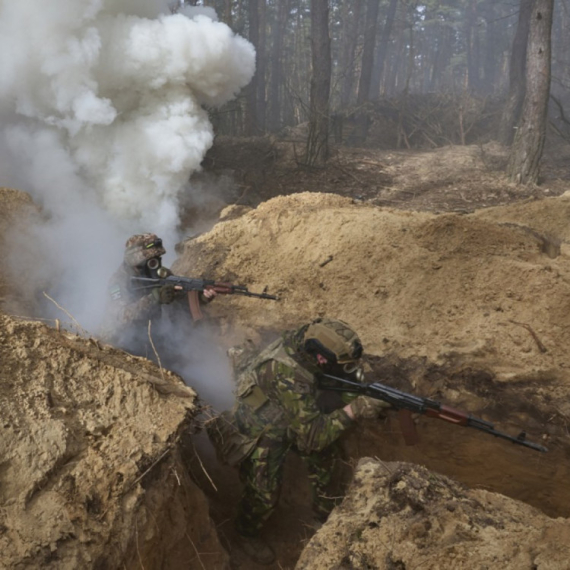
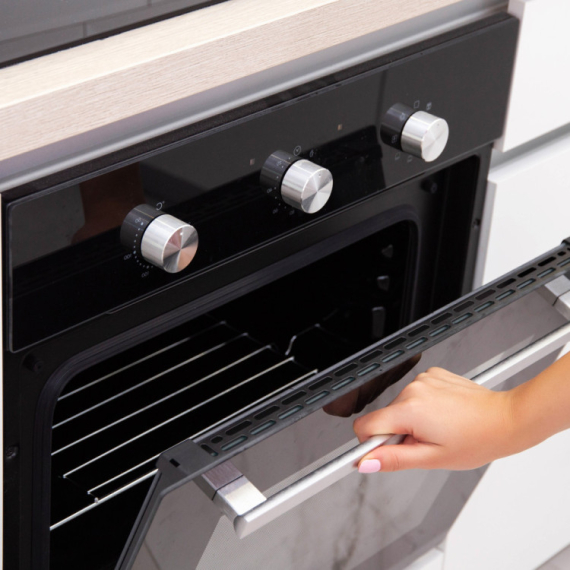
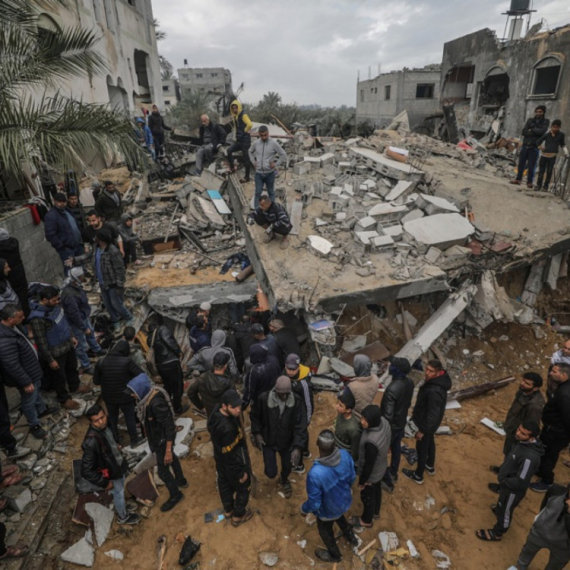
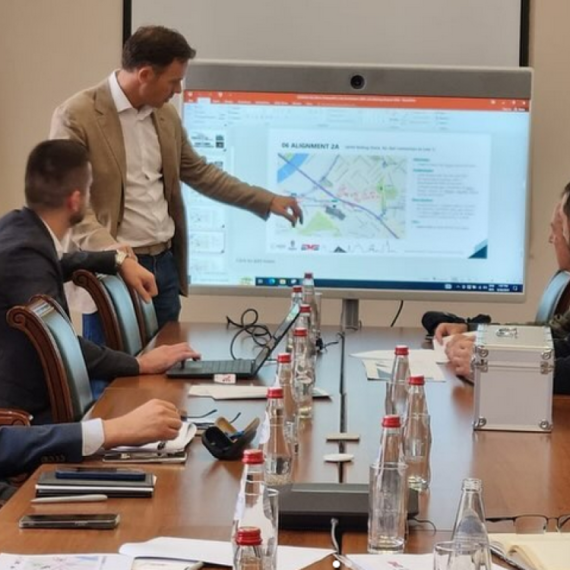
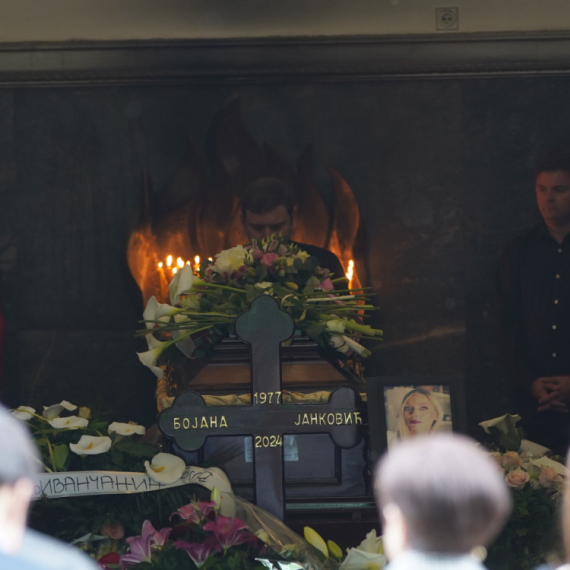
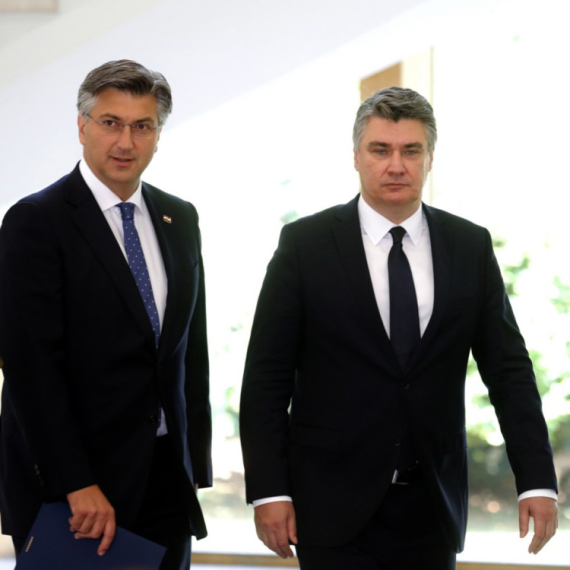
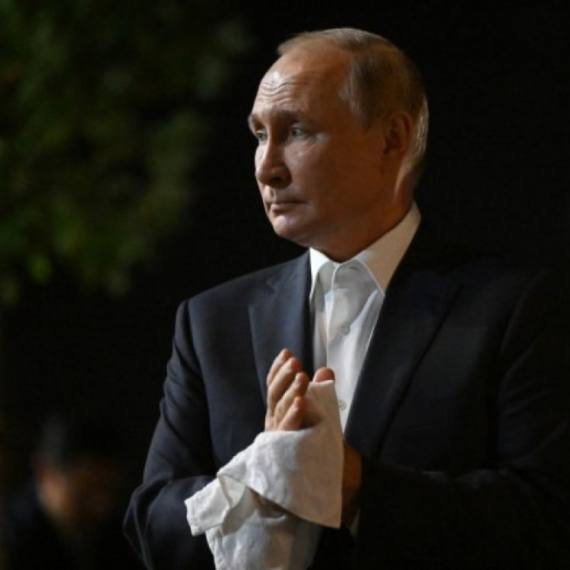
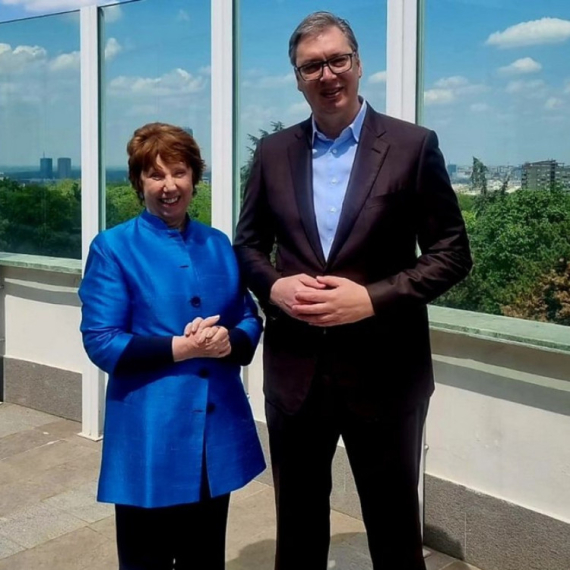
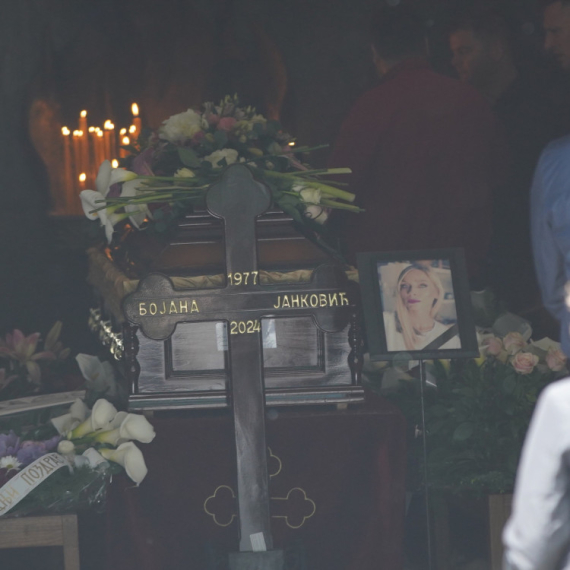
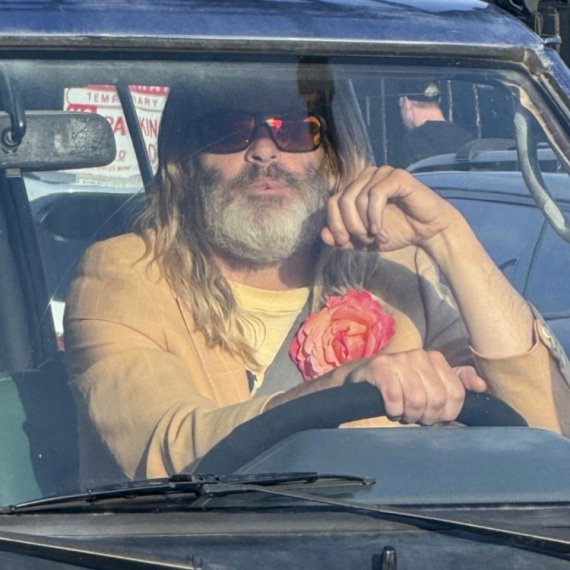
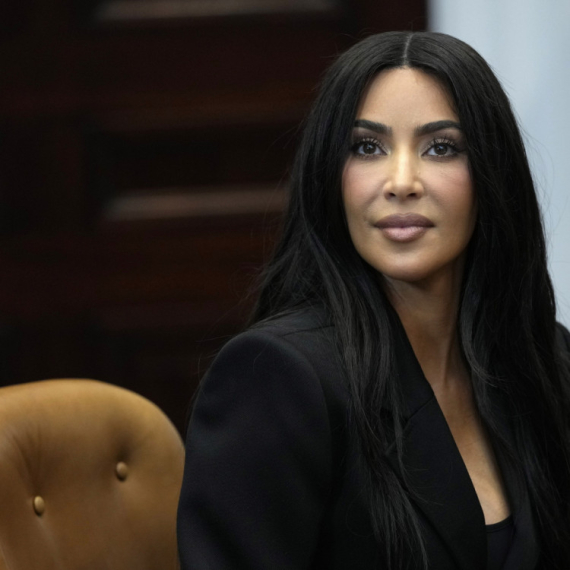
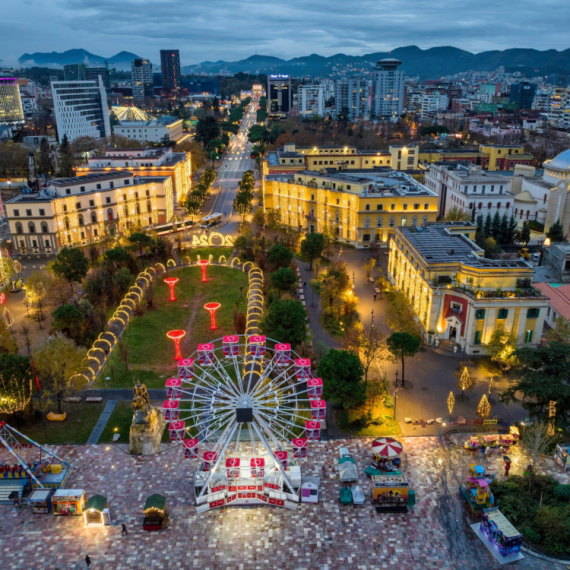



















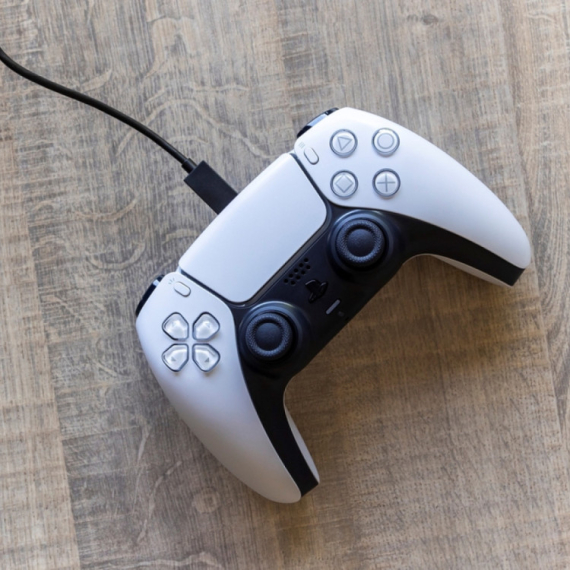



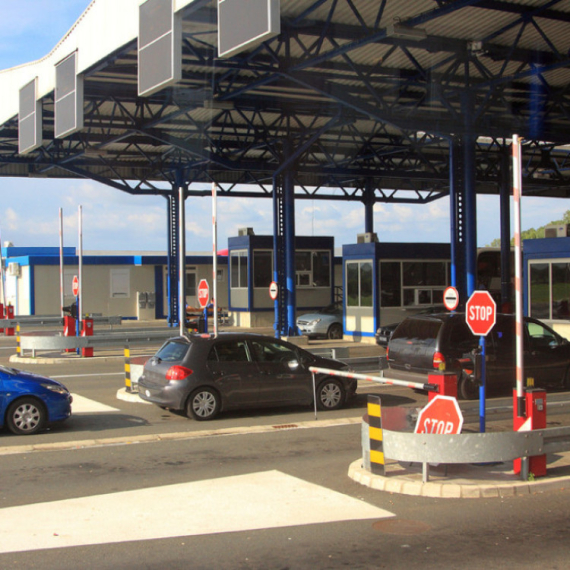





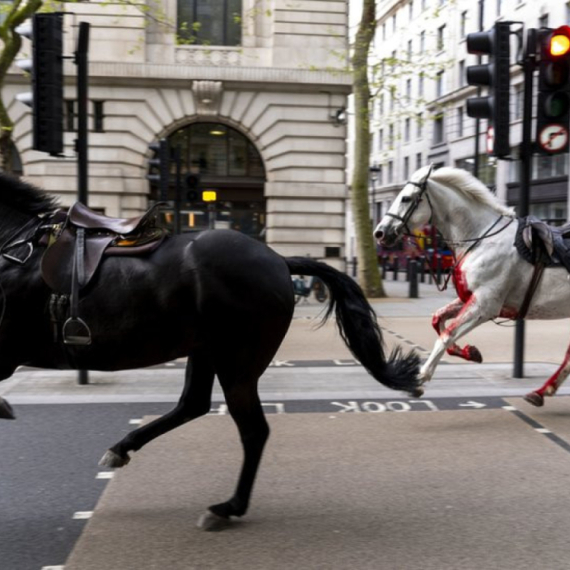

Komentari 68
Pogledaj komentare